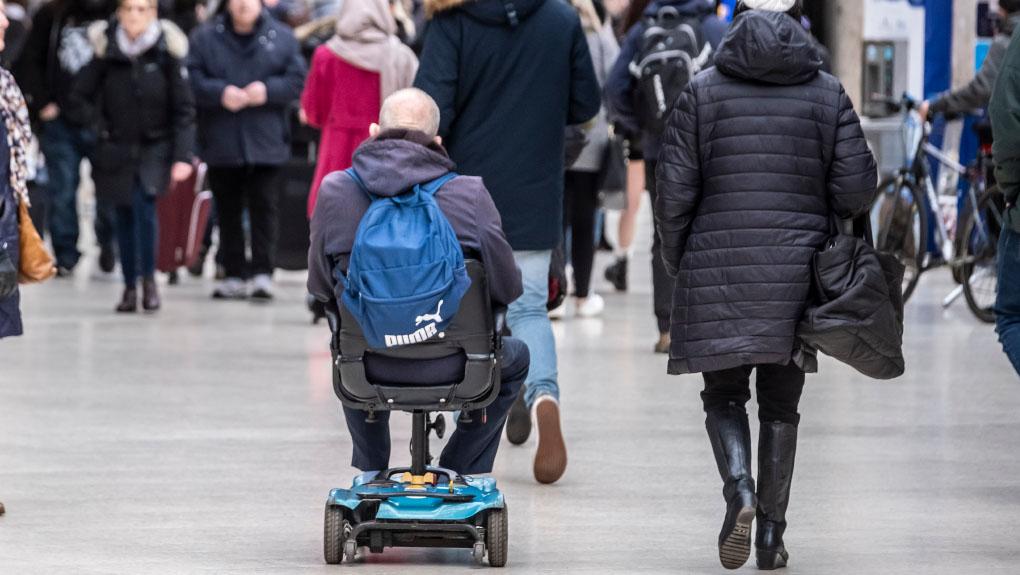
Redress is a way that operators can seek to put things right for a passenger where they have failed to deliver booked assistance. It is not always or necessarily a form of financial compensation. It could be an apology, a gesture of goodwill, and/or a compensatory payment.
Whatever form it may take, redress is a way in which passengers can receive assurance that failures are being acted upon, and for operators to recognise the impact of the failure on passengers.
The change follows a consultation prompted by concerns that some operators’ policies could appear to restrict compensation to the ticket price.
ORR will shortly be requesting relevant train companies make any necessary amendments to implement the case-by-case approach.
A number of wider issues were raised during the consultation, including whether there is a need for further guidance to support decision-making on redress, as well as questions around the scope of redress policy and the way claims are owned and managed. ORR is committed to carrying out further work on these areas and will publish an update in spring 2026.
Stephanie Tobyn, ORR’s director of strategy, policy and reform, said:
Notes to Editors
- Consultation on Accessible Travel Policy (ATP) Guidance redress requirements: Decision document
- The consultation sought views on a specific proposal to require operators to determine appropriate redress on a case-by-case basis, which is currently recommended as good practice, and ran from 30 May to 11 July 2025. It received 30 responses from members of the public, train operators, passenger groups, disabled passenger organisations, Transport Focus, Transport for Greater Manchester, the Equality and Human Rights Commission and the Rail Ombudsman.
- ORR will implement the proposed case-by-case change to the ATP Guidance and has published updated ATP Guidance alongside this decision document. In practice this means a one-word change to paragraph A8.1 so that the form and, where appropriate, value of redress “must” be determined on a case-by-case basis, rather than “may”.
- All train and station operators must establish and comply with an Accessible Travel Policy (ATP) as a condition of their licence, setting out their provision for disabled people. Operators must secure ORR approval for their ATP, and ORR has issued guidance that defines minimum requirements, covering areas such as provision of assistance, staff training, redress and passenger information.

